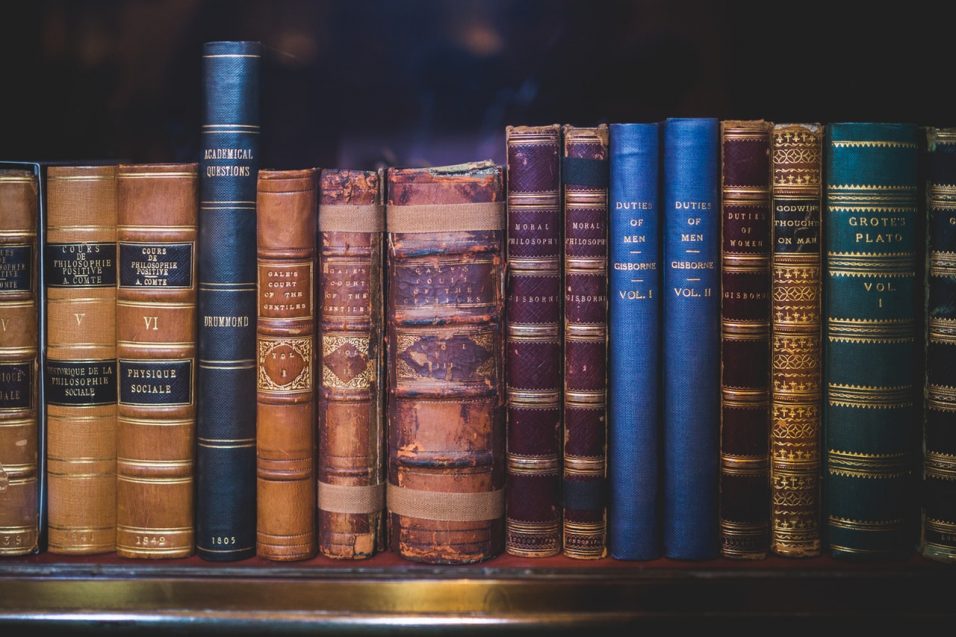One of the first and most useful pieces of advice writers receive is “read widely.” This is great advice for many obvious reasons, of course, and likely the most important advice you’ll put into practice. You simply can’t overestimate how much you’ll learn about writing simply by absorbing other people’s work—not to mention the inspirations you’ll get and, put simply, the ideas you’ll be able to steal.
For a lot of folks, though, reading widely translates too narrowly, and they wind up simply reading every single new book that comes out in their lane. In other words, SFF writers read all the new SFF, romance writers read all the new romance. Reading widely should include books outside your genre and comfort zone—but it should also include older books beyond the staples.
Evergreen Lessons
The power of The New is immense. Anything older than a few decades—outside of cultural touchstones like Star Wars or Lord of the Rings—is often considered a little corny and dull by current standards. And in some ways this is true: Watch an old movie from the 1940s and it feels all wrong. The pacing is weird, the dialog sounds stilted, the sets and costumes aren’t simply old-fashioned, they’re almost bizarre to the modern sensibility. It’s easy to decide that old stuff is so alien to the modern generation it’s useless; after you don’t want to learn how to write to an audience long dead.
It’s a little different in novels, though. Sure, the language and conventions are often old-fashioned, and techniques that were amazingly new in the 19th century are now simply fundamentals. But you can learn a lot from reading old novels. If nothing else, you can learn what’s been constant. And that’s powerful—what hasn’t changed? What is so fundamental to the form that it’s essentially unchanged since the first novels were published? What about Don Quixote still feels fresh and modern to you, and why do you think that is?
If nothing else, you’ll get a wider view of why modern novels employ the techniques and approaches that they do. You might just pick up a few master-level tricks, since you’ll be reading books that have withstood the test of time, unlike, you know, 90% of all the books out on the shelves right now.
Bottom line: You can learn from any book. But the narrower your lane is, the less effective your reading will be in terms of improving and strengthening your own work. Plus, it’s kind of fascinating to discover how similar olden times often were to our own. Sure, they didn’t have Netflix, but you might be interested to know that alcohol has always been a thing. I sure was. It made me feel like I was part of something larger than myself.

